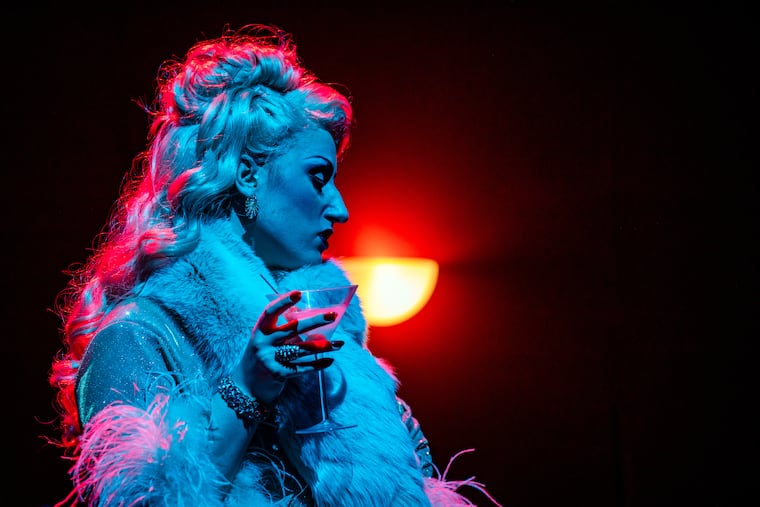Review: Curtis Opera’s production of ‘Candide’ impresses with overall quality and standout performances.
The Curtis Opera Theatre’s recent production of Leonard Bernstein’s Candide opened to a lively audience eager for a unique theatrical experience. From the outset, it was clear that this adaptation opted for an entertaining, showbiz flair rather than a strict interpretation of the source material’s satirical undertones. This approach reflects the long and complex evolution of Candide, which has undergone numerous revisions since its debut in the repressive climate of the 1950s.
The stage design featured minimalist elements—a plethora of chairs and doors painted in a striking bordello red—enhanced by the presence of characters inspired by various theatrical styles, including Ziegfeld chorus girls and a character reminiscent of classic horror genre figures. This eclectic ensemble set the tone for a performance that promised more whimsy than depth.
Key figures included the title character, Candide, portrayed by Landry Allen, whose mechanical appearance contrasted with the glamorous Cunegonde, played by Emilie Kealani. Meanwhile, the character of the Old Lady, interpreted by Katie Trigg, brought an operatic flair, supported by the eternally optimistic Dr. Pangloss, played by Emilio Vásquez. This clarity in character relationships enhanced the comedic elements of the narrative.
Accompanied by the Curtis Symphony Orchestra under the direction of David Charles Abell, the musical performances shone during the production’s signature moments. However, the adaptation leaned heavily into humor, relying on the version created for PBS that emphasized absurdity rather than the philosophical explorations originally intended.
First staged in 1956, Bernstein’s Candide enlisted the talents of librettist Lillian Hellman and lyricist Richard Wilbur. Over time, various adaptations, most notably the 1973 production by Harold Prince and Stephen Sondheim, have reshaped the narrative into a comedic exploration of optimism in a chaotic world, stretching from Lisbon to Constantinople.
In this recent rendition, director Emma Griffin opted for humor that echoed ’borscht belt’ comedy, which, at times, felt overly familiar and predictable. Yet, some moments stood out—particularly the utopian depiction of El Dorado and the hopeful closing scene, “Make Our Garden Grow,” which offered a visual metaphor for an aspirational world.
Overall, the vocal performances were commendable, with Allen and Kealani delivering some poignant moments, while Nathan Schludecker showcased his comedic talent as the narcissistic Maximillian. Despite some cast members struggling to convey the essence of the story amidst Jeffrey Page’s choreography, the production succeeded in creating an engaging spectacle.
Ultimately, this performance of Candide at Curtis Opera Theatre serves to prepare its students for the complexities of the theatrical world, balancing entertainment and education in a tumultuous landscape. Audiences can experience further performances on Sunday at 2 p.m. at Forrest Theatre, with tickets ranging from to .
For more information regarding tickets, visit the Curtis Institute of Music website, Media News Source.






